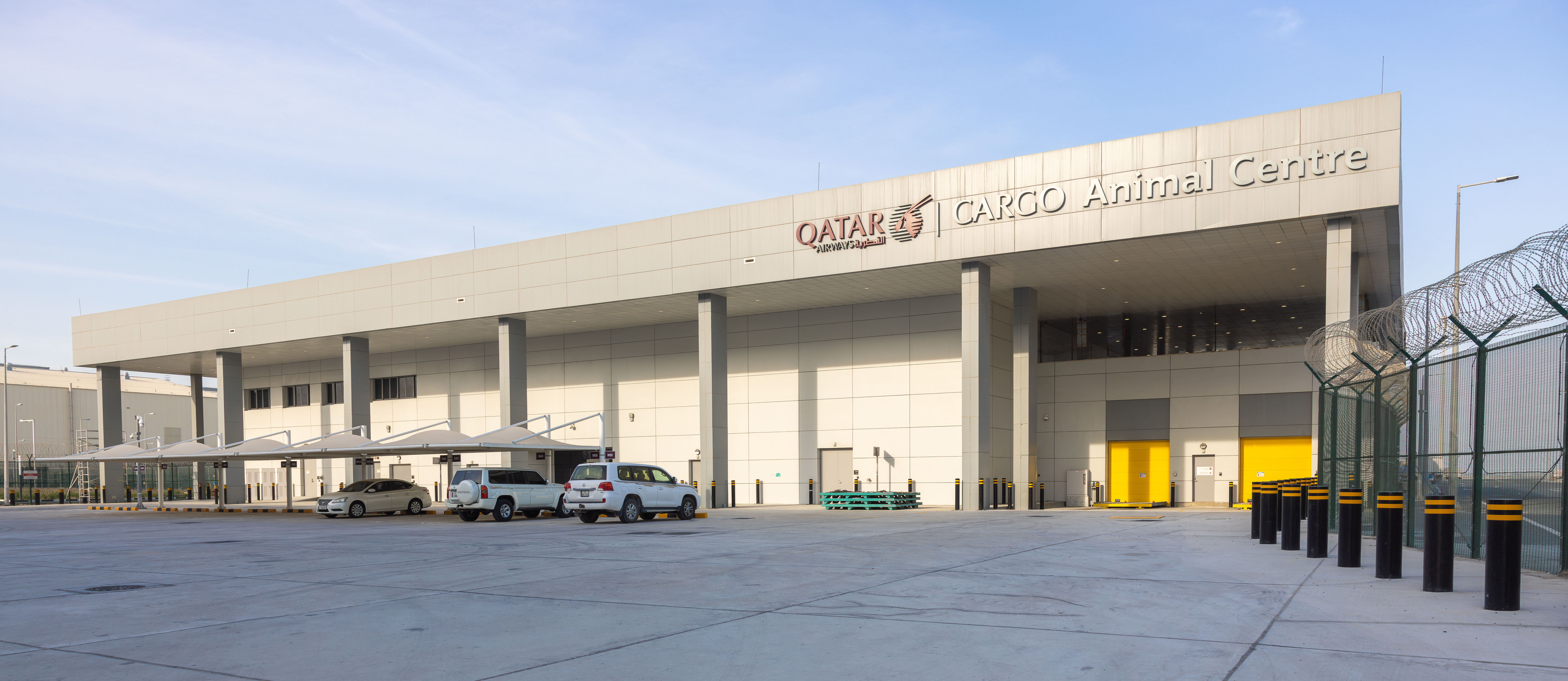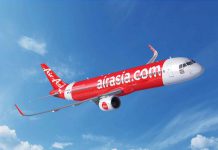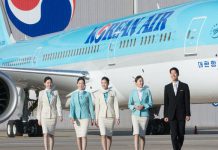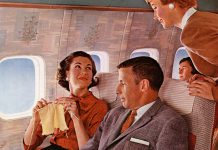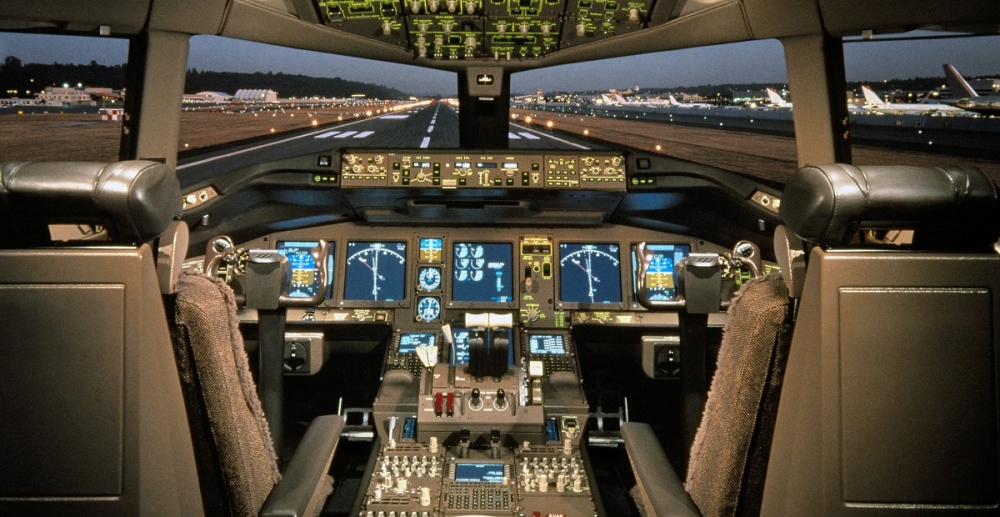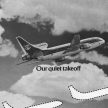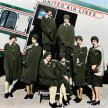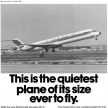Australian airlines will be able to decide for themselves whether they want to have two people in the cockpit at all times.
The Australian government followed the lead of the European Aviation Safety Agency (EASA) and adopted the two-in-the cockpit rule for aircraft with a seating capacity of more than 50 passengers after the crash of Germanwings Flight 9252 crash in March, 2015.
Co-pilot Andreas Lubitz, who had been diagnosed with suicidal tendencies, deliberately flew the aircraft into the side of a French mountain, killing 144 passengers and six crew.
READ: Pilot suicide confirmed for Germanwings crash.
The idea was to have another crew member enter the cockpit if one of the pilots left for any reason but the practice has raised a number of safety and security issues.
EASA eased the two-person rule in August, 2017, and German airlines revealed they would abandon it April this year, arguing it increased security risks rather lowered them.
Australia’s Civil Aviation Safety Authority said a review of the practice in Australia found there were “unintended consequential risks, including the second person in the cockpit potentially distracting the pilot, making inadvertent contact with cockpit switches and taking cabin crew away from their safety role in the cabin”.
“It was also found the practice complicated flight crew access to the cockpit and introduced an additional risk of flight deck incursion,’’ CASA said in a recent briefing note.
“The recommendation is for air operators to evaluate their own safety requirements and make an operational decision on whether to maintain ‘two in the cockpit’ in their standard operating procedures.
“CASA’s aviation medicine branch will continue to monitor pilot mental health and maintain a high level of awareness among pilots of mental health priorities and sources of assistance.”
Australian pilot unions have welcomed the decision to ease the rules.
It comes as the EU recently published strengthened mental health guidelines for pilots.
The new rules mean all European airlines will need to perform a psychological assessment of pilots before they start employment, something many airlines already do.
They also include a support program for all pilots working for European airlines to help them “recognize, cope with and overcome “problems which might negatively affect their ability to safely exercise the privileges of their license”
Mandatory alcohol testing will be extended to pilots and cabin crew of all European and foreign airlines that fly into the EU.


